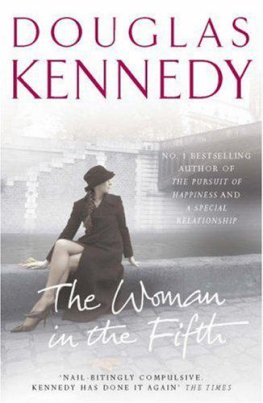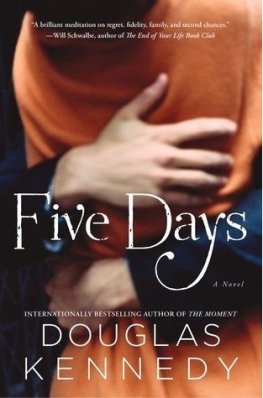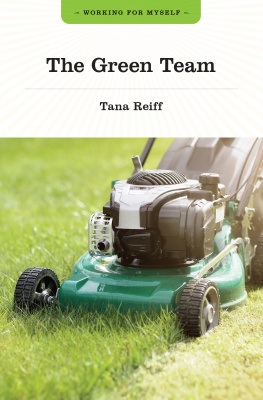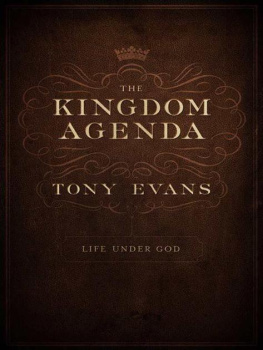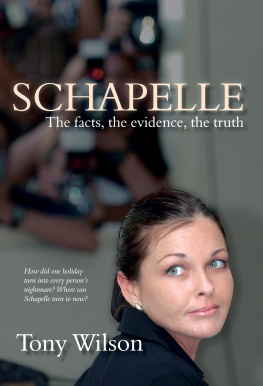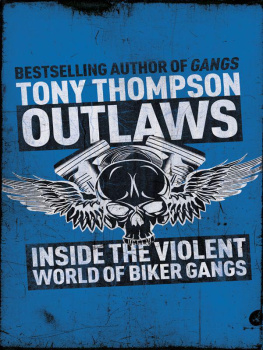Douglas Kennedy
A Special Relationship
Another one for Max and Amelia, another one for Grace.
In my enormous city it is - night, as from my sleeping house I go - out, and people think perhaps I'm a daughter or a wife, but in my mind is one thought only: night.
- ELAINE FEINSTEIN, INSOMNIA
A SPECIAL RELATIONSHIP
One
ABOUT AN HOUR after I met Tony Hobbs, he saved my life.
I know that sounds just a little melodramatic, but it's the truth. Or, at least, as true as anything a journalist will tell you.
I was in Somalia - a country I had never visited until I got a call in Cairo and suddenly found myself dispatched there. It was a Friday afternoon - the Muslim Holy Day. Like most foreign correspondents in the Egyptian capital, I was using the official day of rest to do just that. I was sunning myself beside the pool of the Gezira Club - the former haunt of British officers during the reign of King Farouk, but now the domain of the Cairene beau monde and assorted foreigners who'd been posted to the Egyptian capital. Even though the sun is a constant commodity in Egypt, it is something that most correspondents based there rarely get to see. Especially if, like me, they are bargain basement one-person operations, covering the entire Middle East and all of eastern Africa. Which is why I got that call on that Friday afternoon.
'Is this Sally Goodchild?' asked an American voice I hadn't heard before.
'That's right', I said, sitting upright and holding the cell phone tightly to my ear in an attempt to block out a quartet of babbling Egyptian matrons sitting beside me. 'Who's this?'
'Dick Leonard from the paper'.
I stood up, grabbing a pad and a pen from my bag. Then I walked to a quiet corner of the veranda. 'The paper' was my employer. Also known as the Boston Post. And if they were calling me on my cell phone, something was definitely up.
'I'm new on the Foreign Desk', Leonard said, 'and deputizing today for Charlie Geiken. I'm sure you've heard about the flood in Somalia?'
Rule one of journalism: never admit you've been even five minutes out of contact with the world at large. So all I said was, 'How many dead?'
'No definitive body count so far, according to CNN. And from all reports, it's making the '97 deluge look like a drizzle'.
'Where exactly in Somalia?'
'The Juba River Valley. At least four villages have been submerged. The editor wants somebody there. Can you leave straight away?'
So that's how I found myself on a flight to Mogadishu, just four hours after receiving the call from Boston. Getting there meant dealing with the eccentricities of Ethiopian Airlines, and changing planes in Addis Ababa, before landing in Mogadishu just after midnight. I stepped out into the humid African night, and tried to find a cab into town. Eventually, a taxi showed up, but the driver drove like a kamikaze pilot, and also took a back road into the city centre - a road that was unpaved and also largely deserted. When I asked him why he had chosen to take us off the beaten track, he just laughed. So I pulled out my cell phone and dialled some numbers, and told the desk clerk at the Central Hotel in Mogadishu that he should call the police immediately and inform them that I was being kidnapped by a taxi driver, car licence number... (and, yes, I did note the cab's licence plate before getting into it). Immediately the driver turned all apologetic, veering back to the main road, imploring me not to get him into trouble, and saying, 'Really, it was just a short cut'.
'In the middle of the night, when there's no traffic? You really expect me to believe that?'
'Will the police be waiting for me at the hotel?'
'If you get me there, I'll call them off'.
He veered back to the main road, and I made it intact to the Central Hotel in Mogadishu - the cab driver still apologizing as I left his car. After four hours' sleep, I managed to make contact with the International Red Cross in Somalia, and talked my way on to one of their helicopters that was heading to the flood zone.
It was just after nine in the morning when the chopper took off from a military airfield outside the city. There were no seats inside. I sat with three other Red Cross staffers on its cold steel floor. The helicopter was elderly and deafening. As it left the ground, it lurched dangerously to the starboard side - and we were all thrown against the thick webbed belts, bolted to the cabin walls, into which we had fastened ourselves before take-off. Once the pilot regained control and we evened out, the guy seated on the floor opposite me smiled broadly and said, 'Well, that was a good start'.
Though it was difficult to hear anything over the din of the rotor blades, I did discern that the fellow had an English accent. Then I looked at him more closely and figured that this was no aid worker. It wasn't just the sangfroid when it looked like we might just crash. It wasn't just his blue denim shirt, his blue denim jeans, and his stylish horn-rimmed sunglasses. Nor was it his tanned face - which, coupled with his still-blond hair, leant him a certain weather-beaten appeal if you liked that perpetually insomniac look. No - what really convinced me that he wasn't Red Cross was the jaded, slightly flirtatious smile he gave me after our near-death experience. At that moment, I knew that he was a journalist.
Just as I saw that he was looking me over, appraising me, and also probably working out that I too wasn't relief worker material. Of course, I was wondering how I was being perceived. I have one of those Emily Dickinson-style New England faces - angular, a little gaunt, with a permanently fair complexion that resists extended contact with the sun. A man who once wanted to marry me - and turn me into exactly the sort of soccer mom I was determined never to become - told me I was 'beautiful in an interesting sort of way'. After I stopped laughing, this struck me as something out of the 'plucky' school of backhanded compliments. He also told me that he admired the way I looked after myself. At least he didn't say I was 'wearing well'. Still, it is true that my 'interesting' face hasn't much in the way of wrinkles or age-lines, and my light brown hair (cut sensibly short) isn't yet streaked with grey. So though I may be crowding middle age, I can pass myself off as just over the thirty-year-old frontier.
All these banal thoughts were abruptly interrupted when the helicopter suddenly rolled to the left as the pilot went full throttle and we shot off at speed to a higher altitude. Accompanying this abrupt, convulsive ascent - the G-force of which threw us all against our webbed straps - was the distinctive sound of anti-aircraft fire. Immediately, the Brit was digging into his daypack, pulling out a pair of field glasses. Despite the protestations of one of the Red Cross workers, he unbuckled his straps and manoeuvred himself around to peer out one of the porthole windows.
'Looks like someone's trying to kill us', he shouted over the din of the engine. But his voice was calm, if not redolent of amusement.
'Who's "someone"?' I shouted back.
'Usual militia bastards', he said, his eyes still fastened to the field glasses. 'The same charmers who caused such havoc during the last flood'.
'But why are they shooting at a Red Cross chopper?' I asked.
'Because they can', he said. 'They shoot at anything foreign and moving. It's sport to them'.
He turned to the trio of Red Cross medicos strapped in next to me.
'I presume your chap in the cockpit knows what he's doing', he asked. None of them answered him - because they were all white with shock. That's when he flashed me a deeply mischievous smile, making me think: the guy's actually enjoying all this.
I smiled back. That was a point of pride with me - to never show fear under fire. I knew from experience that, in such situations, all you could do was take a very deep breath, remain focused, and hope you got through it. And so I picked a spot on the floor of the cabin and stared at it, all the while silently telling myself: It will be fine. It will be just...
Next page

